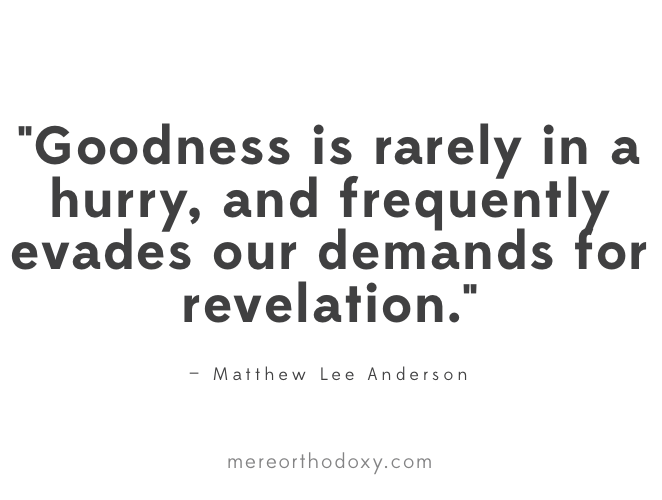What should we make of marriage? Or should we perhaps frame the question differently? Should we instead take up what marriage makes of us, and so consider ourselves as fundamentally responsive to it rather than creative? Why does a particular form of relationship deserve the special treatment we afford it? In what way does the structure of marriage inform a particular life and its prospects?
These questions are perennially interesting and they entangle us all. Gay, straight, single, married, the childless and parents—even those who permanently deny themselves marriage are, through their negation, shaped by it. As an institution, marriage provides a unique point of access into the structure of reality. And of all the subjects we might possibly take up in this world, few bring together the cluster of personal desires, society, law, tradition, history, theology the way this one does (along with many other strands, no doubt). The sheer collision of the complexity of the issues and their fundamental importance makes the subject an endlessly fertile source for inquiry and understanding.
But my interest in such questions is unremittingly personal as well. I was not always the happily married man I am today, and my path into this status was anything but smooth. My adult life began with a romance that ended badly. I found myself not so unlike Dante in the opening of his Inferno, lost in a wood, “the right road was wholly lost and gone.” Like many young evangelicals, I had known that I was supposed to be headed toward marriage. I simply did not know why or how to get there. It was only through the exploration and inquiry that the crisis precipitated that I slowly found out the “marriage” to which I had been headed was not much of a thing at all.
I have not lost that original interest in understanding the meaning of marriage or its peculiar goodness, even while our society has been beset by a sharp controversy over its legal and political dimensions. Over the past decade, the gay marriage controversy has intensified into a social conflict between two warring factions, who have taken their arguments everywhere from the Supreme Court to Starbucks and Chick-Fil-A. The concurrent rise of social media has made the conflict feel even more totalizing, as it became harder to avoid seeing friends and neighbours locked in interminable discussions about it.
All this has had a considerable effect on younger evangelicals, even if the transformations may have been more subtle than the blunt instruments of “yes or no” polls might allow. Many younger evangelicals with conservative theological positions no longer support the state’s recognition of traditional marriage. The percentage who does is still disproportionately large, but even so the atmosphere has shifted. Institutional bellweathers of young evangelical opinion like Relevant and Q have barely even addressed the subject the past five years. Many prominent young evangelical writers seem to have adopted the Louie Giglio model of never speaking of the subject at all, so as to not unnecessarily offend their audience base and embroil themselves in controversies that are not their “core issues.” Others seem to have adopted a “strategic ambiguity” about the question, routinely chastening conservatives for approaching the subject badly without necessarily taking up the task of finding substantive remedies themselves.
The broader cultural shift is not only having its effect on young evangelicals’ political positions, though. Many young evangelicals are losing confidence in traditionally Christian statements about sexual ethics, including those pertaining to homosexuality and masturbation.
Login to read more
Sign in or create a free account to access Subscriber-only content.
Topics:
